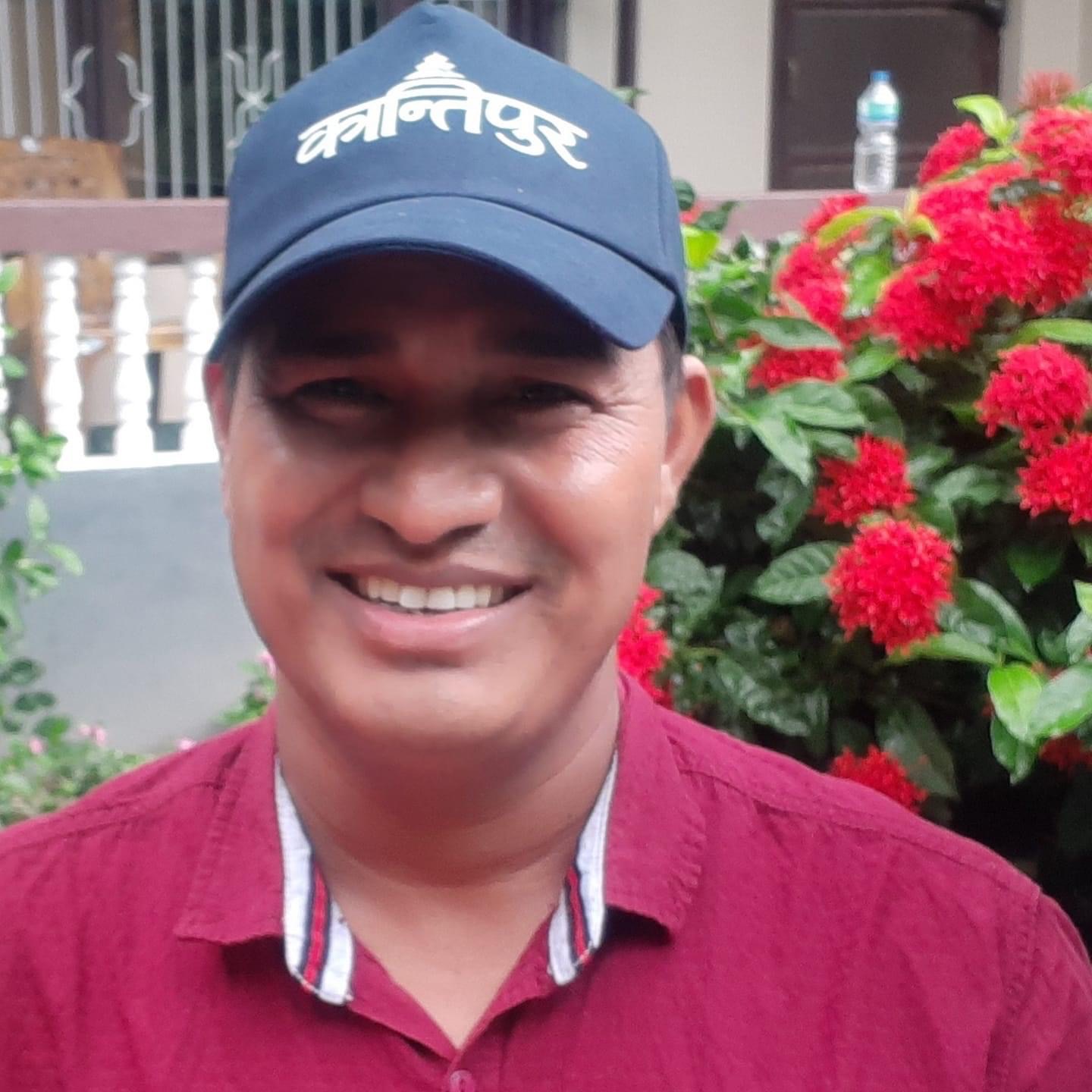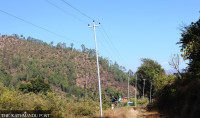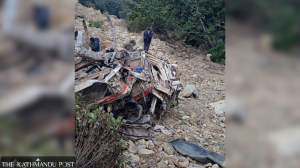Karnali Province
Nursing mother in quarantine doesn’t get enough to eat as shopkeepers reject cash
Woman gives birth in quarantine, but locals reject her husband’s money saying it might transmit coronavirus..jpg&w=900&height=601)
Kalendra Sejuwal & Jyotee Katuwal
A couple who returned home from India and gave birth to a child in quarantine in Dungeshwor Rural Municpality find themselves in an odd situation.
Although they have cash, which they saved up during their stay in India, the money has proven to be of little use for them.
“I know there are roosters around the village which would have provided enough nutrition for my wife. But people don’t even want to touch the money I brought because of the fear of the virus,” said Lal Bahadur Khatri, who along with his wife Ganga, recently returned to Nepal.
Khatri, 42, works as a security guard in Garhwal. In December, he had taken his wife with him to India so that she could get better care there. But with the advent of the coronavirus outbreak, the company gave him an early leave.
The two had then made a treacherous journey to Nepal, but were denied entry to their own home and sent to quarantine at a school in neighbouring Gurans Municipality. Ganga gave birth to a child at the quarantine itself two days ago.
“It’s hard to look after her at an ill-equipped quarantine,” said Khatri. “The birth was supposed to be a happy experience but it became a painful one.”
Khatri feels dejected that his hard-earned money couldn’t improve the situation of his wife. “I saved up with years of hard work so that I can spend it during her pregnancy, but it feels sad to not get to use the money when we need it the most,” he said.
Health coordinator of the rural municipality Nirajan Bista said that the quarantine centre has provided the new mother meat along with regular food. “The condition of both the mother and baby is normal,” Bista said.
“We have advised officials at Dungeshwor to allow the couple to quarantine at home,” said Bista. “We are yet to hear from them.”
Meanwhile, life in the quarantine is not easy for the nursing mother. “It’s still cold, and there are not enough clothes to shield my wife from the chill,” said Khatri said. “The cemented floor exacerbates the ordeal while we haven’t got oil and other essentials to take care of the baby.”
Khatri is hopeful that the situation will change soon. “If we get to go home, at least we can manage nutritious food, even if the villagers don’t accept our money,” he said.
Dambar Khadka, director at Karnali Provincial Hospital, said that even though paper and metal currency may contain viruses, people can wash hands after touching cash, instead of flatly rejecting money altogether. “Instead of getting afraid of money touched by suspects, people can wash their hands after touching such bank notes,” he said.




 10.63°C Kathmandu
10.63°C Kathmandu













